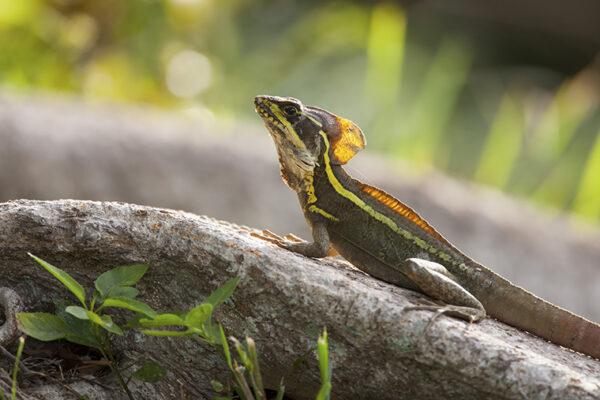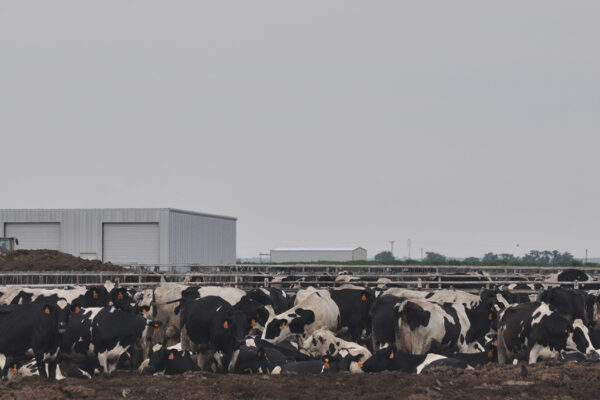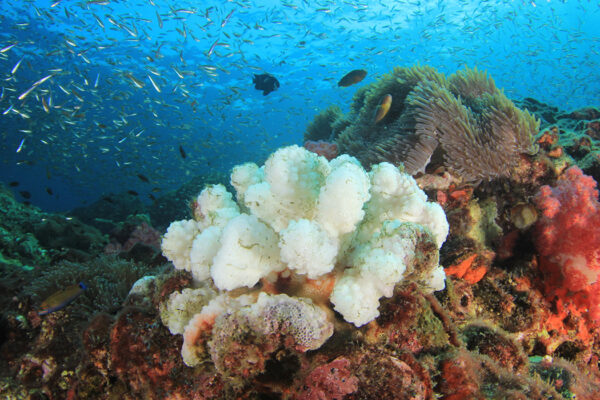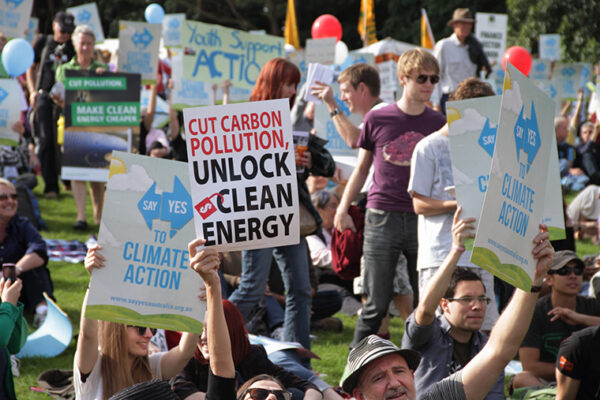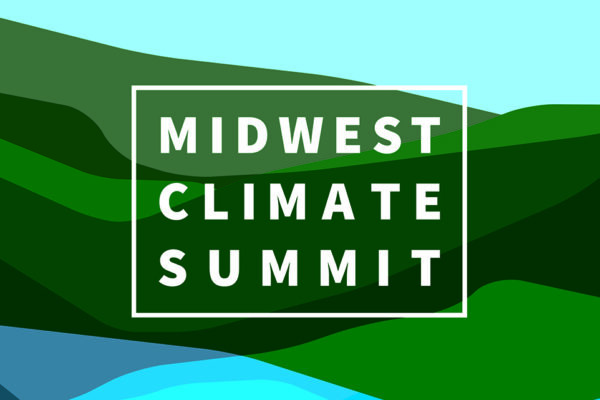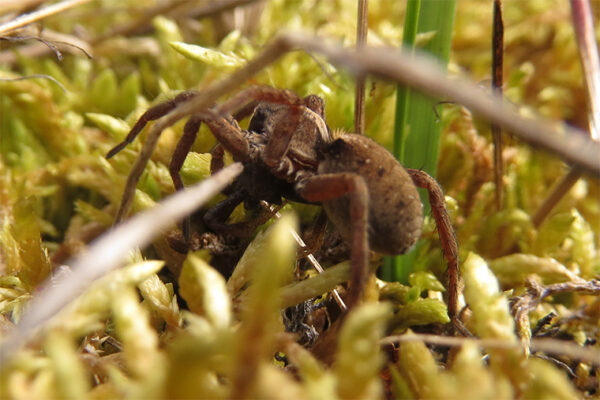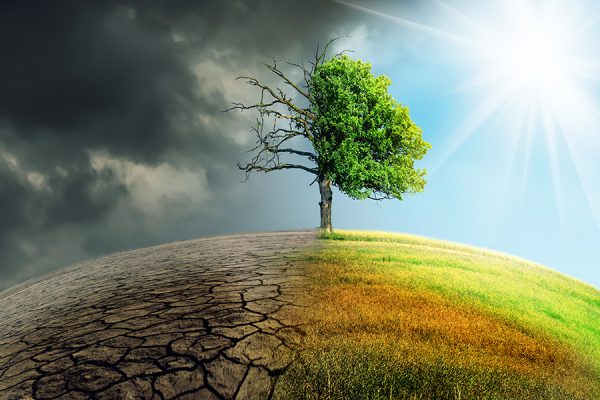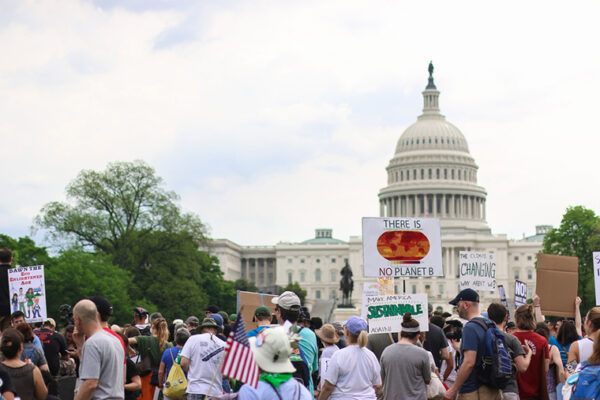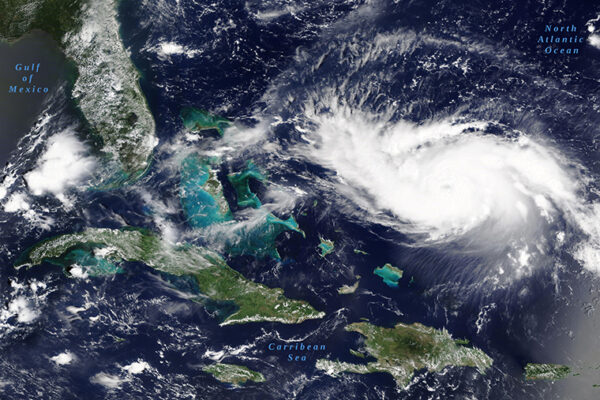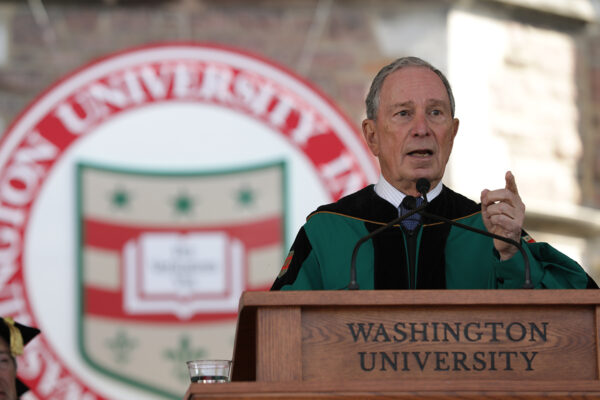What cold lizards in Miami can tell us about climate change resilience
Scaled survivors of the coldest night in south Florida’s recent history all converged on the same new, lower limit of thermal tolerance, regardless of their species’ previous ability to withstand cold. Biologist James Stroud in Arts & Sciences at Washington University in St. Louis led the team that reported the findings in the journal Biology Letters.
Sicker livestock may increase climate woes
Climate change is affecting the spread and severity of infectious diseases around the world — and infectious diseases may in turn be contributing to climate change, according to new research from Washington University’s Living Earth Collaborative working group led by biologist Amanda Koltz in Arts & Sciences.
Teaching high school chemistry with real-world examples
Michael Wysession, professor in earth and planetary sciences, and Bryn Lutes, a lecturer in chemistry, both in Arts & Sciences at Washington University in St. Louis, believe that high school students will learn chemistry better when they crunch actual climate data, rather than memorize the periodic table by rote. They helped write a national chemistry curriculum that is loaded with real-world examples — like ocean acidification — and is already being rolled out by school districts in Los Angeles and other parts of California.
Funding climate action policies: Consumers weigh in
A new study involving Washington University in St. Louis researchers finds consumers across the United States and in some European countries are ready to start paying for climate action now.
Midwest Climate Summit kicks off Oct. 2
Working together to develop a collaborative and coordinated response to the climate crisis in the Midwestern region is the top goal of the upcoming Midwest Climate Summit, which Washington University in St. Louis developed in close partnership with many leading Midwestern organizations. The event, which is free and open to the public, is presented with support from Bloomberg Philanthropies.
Wolf spiders may turn to cannibalism in a warming Arctic
A study by biologist Amanda Koltz in Arts & Sciences at Washington University in St. Louis suggests that as female wolf spiders become larger and produce more offspring, competition among them increases — triggering higher rates of cannibalism and reducing the number of young spiders that survive to adulthood.
Take part in climate solutions virtual teach-in
Washington University in St. Louis and the University of Missouri-St. Louis are partnering for an upcoming virtual teach-in to discuss solutions to abate climate change. All are welcome to take part.
Survey: Electorate wants candidates, parties to act on climate change
In a November wave of The American Social Survey conducted by the Weidenbaum Center on the Economy, Government, and Public Policy, political scientists polled likely primary voters to find that — despite consensus among Democratic candidates and the Trump administration’s actions to repeal environmental regulations — the two parties’ electorates don’t match their candidates’ stances on climate change.
Brave new world
Faced with extreme weather events and unprecedented environmental change, animals and plants are scrambling to catch up — with mixed results. A new model developed by Carlos Botero, assistant professor of biology in Arts & Sciences, helps to predict the types of changes that could drive a given species to extinction.
‘Reclaim our civic dialogue,’ Bloomberg tells graduates
Michael Bloomberg, the 108th mayor of New York City, addressed the crisis of our politics and our planet during his Commencement address to the Class of 2019 at Washington University in St. Louis. “We have to reclaim our civic dialogue from those who are debasing and degrading it and preventing us from getting things done,” Bloomberg said.
View More Stories
